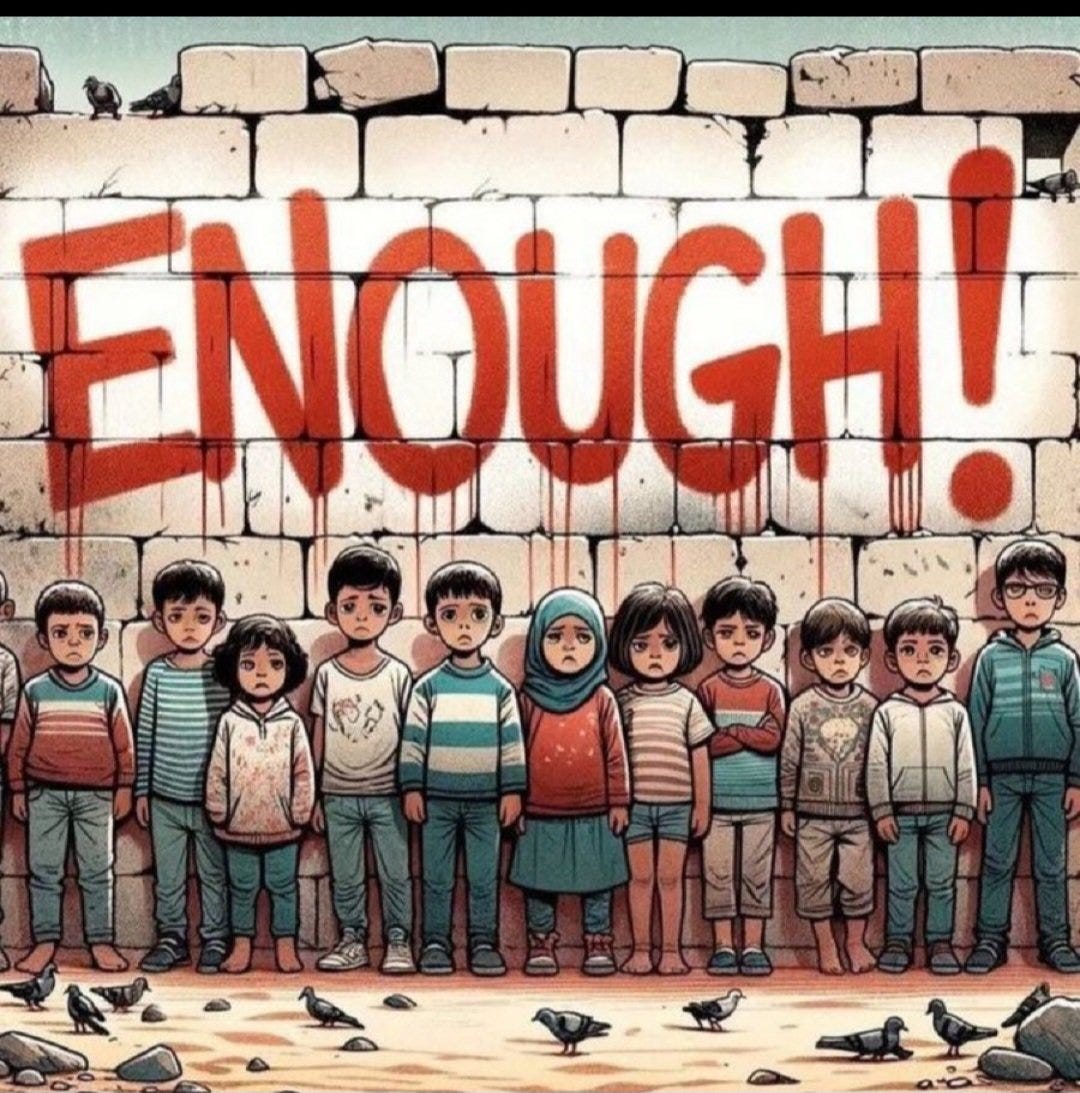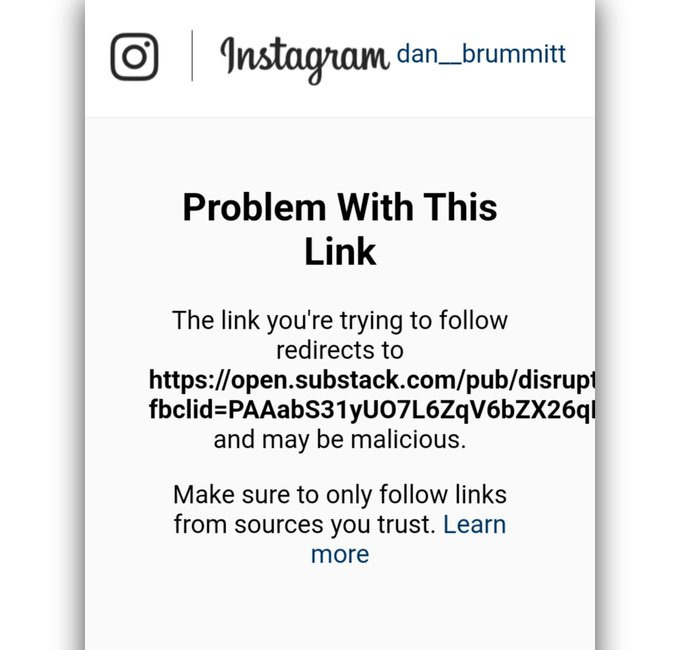Exploring the Perceived Double Standards
Zionism and White Supremacy in Public Discourse
A growing frustration is emerging in public discourse around the treatment of ideologies like Zionism and white supremacy. While both use narratives of self-preservation, one is widely protected from criticism, and the other is universally condemned. This perceived double standard fuels resentment and, increasingly, antisemitism.
Zionism vs. White Supremacy: A Closer Look
Both Zionism and white supremacy share a focus on defending their respective identities against perceived threats:
Zionism emphasizes Jewish survival and sovereignty, shaped by historical oppression and the need for self-determination in Israel.
White Supremacy focuses on preserving white identity and dominance, driven by fears of cultural and demographic decline.
Despite these parallels in focus, their treatment in public discourse could not be more different:
Zionism is often shielded from criticism, with detractors accused of antisemitism for questioning it.
White supremacy is universally denounced, with those associated with it facing swift social, professional, and financial ostracism.
Perceived Hypocrisy and Resentment
This stark contrast fuels frustration for several reasons:
Unequal Scrutiny: Critics of Zionism often find their arguments dismissed as antisemitic, even when they target policies rather than Jewish identity. In contrast, white supremacist beliefs and actions are scrutinized and condemned without hesitation.
Control Over Narratives: Jewish individuals and groups have historically achieved significant representation in media, technology, and publishing. While this success is rooted in legitimate efforts to overcome historical exclusion, it has fueled conspiracy theories that these groups unfairly control public discourse, leading to narratives that shield Zionism from criticism.
Censorship of Dissent: Many feel silenced when attempting to critique Zionist policies, particularly regarding the treatment of Palestinians. This censorship fosters a perception that Jewish voices are untouchable, further feeding into antisemitic stereotypes about power and influence.
Selective Condemnation: While white supremacy is unequivocally denounced as hateful and oppressive, Zionist actions that marginalize or harm Palestinians often escape similar condemnation. This selective outrage creates the appearance of bias and hypocrisy.
The Impact: Antisemitism on the Rise
The perceived untouchability of Zionism—and the punishment of those who challenge it—has dangerous consequences:
Validation of Conspiracy Theories: When critics of Zionism are silenced, it reinforces antisemitic conspiracy theories that claim Jewish individuals wield disproportionate power to suppress dissent.
Resentment Toward Jewish Communities: Many conflate Jewish identity with Zionism due to its strong association with Jewish nationalism. The inability to critique Zionist policies without fear of repercussions creates resentment that unfairly extends to Jewish communities as a whole.
Polarization of Public Discourse: The uneven treatment of these ideologies deepens divides in society. Those who feel silenced often turn to more radicalized spaces where their frustrations are validated, creating an echo chamber that amplifies antisemitism.
Conclusion
Pointing out double standards in how Zionism and white supremacy are treated in public discourse is essential to understanding the root of growing antisemitism. When one ideology is shielded from criticism and another is relentlessly condemned, it breeds resentment, fuels conspiracy theories, and deepens societal divisions.
This imbalance does not justify antisemitism but highlights the need for fair, open dialogue. Acknowledging these disparities without conflating critique with hate is key to addressing the frustration that drives these harmful sentiments. Only through honest and balanced discussions can we begin to untangle the complexities of these issues and foster a more equitable public discourse.
"Revealing Instagram's Censorship Controversy"
"Instagram Users Accuse the Platform of Censoring Posts Supporting Palestine, and I Wholeheartedly Believe Them.
Why Retweets Are Being Flagged
Many users, including myself, have experienced content on X being flagged or notices being issued, even for retweets that weren’t original posts. This moderation appears to target posts flagged as "sensitive content" according to X’s automated systems. These systems are designed to detect potential violations of the platform's rules, such as:





